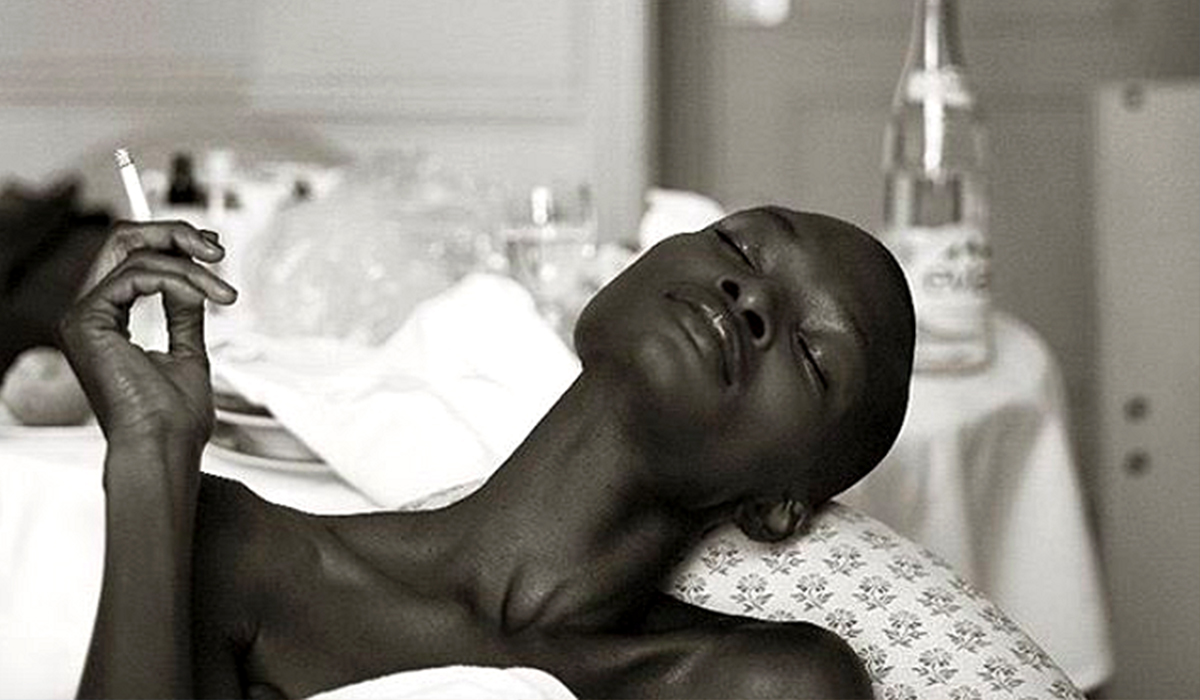Now that I’ve got your attention, I think it’s time we have a conversation as fellow POCs. As sticky as this topic may be (and I write this with hesitant fingers), exploring it under the guise of undoing some of the problematic patterns in which we have as people of colour, is important. Before I launch into discussion, I do want to assure you all that I am fully aware of the fact that the marginalised cannot appropriate the marginalised- I’m not that far gone, so think about the title of this article as a conversation starter, an open letter, clickbait of sort (yes, I know, the internet is a dark place). I do however, think there is a way of respecting one another’s cultures without overstepping boundaries. With the don’t-drag-me disclaimer out of the way, let’s briefly address a few things:
There’s a slippery slope between appropriation and appreciation but let’s face it, some of our faves are culture vultures. US based entertainers, I’m talking to you. Very often, African American entertainers will culturally appropriate various cultures from “the motherland” in the name of remaining as authentic to themselves as possible. What’s worse? They lump various cultures all in one category, homogenising Africa instead of viewing it as diverse- a post-colonial no-no.
Another issue is that often what is left out in this narrative, is the soft power in which the US has. A big entertainer references a particular culture in some way, naturally it blows up and its now labelled as theirs. The dilemma then comes in knowing that this may have been a tribute of some sort, but for some reason, you still feel slightly offended. I mean why else does the internet go ablaze when yet another Kerry Washington butchers a Rwandan accent? Or when Rihanna performs on the world stage and does the *gwaragwara and its labelled Rihanna’s new trendy dance move? Don’t get me wrong, this is not about finger pointing. It’s about a collective responsibility, acknowledgement, appreciation in the true sense. We share a universal struggle as people of colour, but I think it’s high time we acknowledge that we struggle on different playing fields, be cognisant of those who fall through the cracks of not being palatably black.
To put it plainly, give credit where credit is due and don’t take something without acknowledging the fact that you’ve borrowed it. Basic toddler etiquette.
*a popular dance move originating from South Africa.
by Ntokozo Mayekiso


